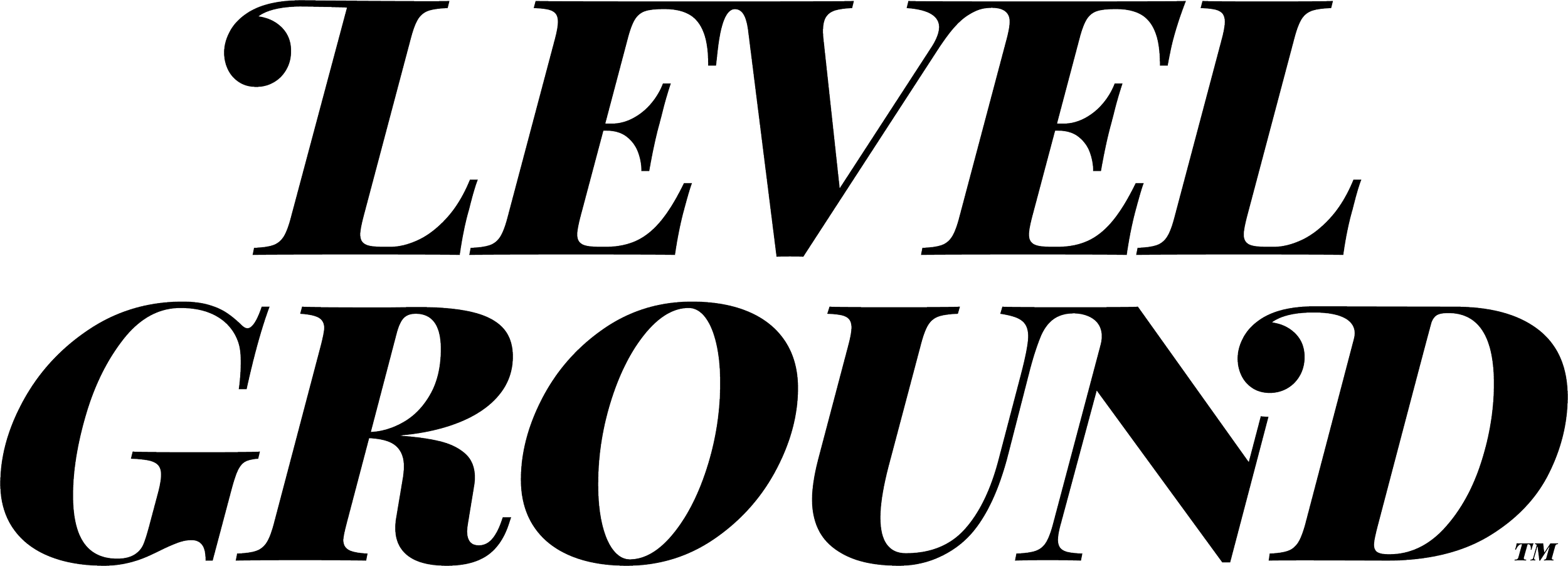"I feel utterly different"
IN 2019, I PARTICIPATED in Level Ground’s artist residency. I was interested in an opportunity to develop advanced work while also receiving guidance on how to sustain an artistic practice under capitalism. Spaces that support both are rare for emerging artists in Los Angeles, especially if the artist works with technology. Level Ground gave me a chance to pursue something beyond the scope of my immediate resources.
My project was grounded in relationality. I was reading about the agricultural industry in California and how technology shifted our sense of connection. Railroads collapsed the distance between us, but a screen was inserted in the meantime. Networked systems are now embedded in most ways of building connection. What does it mean when our relationships begin to resemble these networks? And how do we grapple with that as a society? In soft relations, I tried to articulate a response. It took shape as an interactive, computer vision-based software. Mostly it was from a sustained interest in formal investigations of computer vision; I had done previous work using this process and enjoyed the possibilities that were opened up when your screen looked back at you. But also, it was a way of emphasizing embodied encounters, real physical ones that weren’t mediated by an interface, and then shifting them slightly so that we paid attention to something else. For me, what generated a worthwhile richness was the intersection of our bodies and how that acted as a synecdoche for a larger collectivism.
Level Ground gave me a chance to pursue something beyond the scope of my immediate resources.
AS A RESIDENT, I FELT SUPPORTED in every way. The production months were especially positive as I could focus completely on the work and then come together for monthly meetings to reflect and check in on progress. In these meetings we talked about how we were doing, recent collaborations, ideas, needs. Having a space to air out the frustrations but also joys of art-making is rare; even rarer is having them be acknowledged and responded to in ways that continue to drive you forward. I was grateful that each meeting began with this sort of coming-together. Afterwards, we typically transitioned into workshops that helped us develop foundations for art as a professional career. These ran the gamut from ways of critiquing to financial literacy for the arts. It was helpful to participate in the workshops because the knowledge wasn’t always accessible or clear for emerging artists. Furthermore, they were led by queer folx and people of color, which was refreshing. These sessions expanded the scope of how I thought I should maintain an artistic practice. For example, before the residency, the last critique I had was in my undergrad. The workshop that Kristin McWharter led really highlighted how essential critiques and feedback are for an artist—and how it didn’t take much to initiate them with friends.
Most of my difficulties were concentrated in the last few months of the residency. It was a blend merging personal issues, the start of graduate school, and rapid deadlines for the show. During this time I felt overwhelmed. Things were in flux and it became difficult to give attention to the work. The care and generosity from Sam, Leslie, and Rebekah supported me to the completion of the show. These moments were especially challenging, but they invited me to consider the contours of my capacity and when to ask for help.
AT THE END OF 2019, I feel like an utterly different person, and this residency was a significant part of it. In the first place, I really enjoyed spending an extended period of time with one idea. Typically I’m more painterly in my approach, focusing on small iterative gestures that accumulate over time. Sitting with something for nearly nine months gave me space to savor the newness of an idea while also forcing me to really parse out what was meaningful about it. But one of my most valuable takeaways from the experience wasn’t just the work of art; it was how to sustain it outside my head, how to articulate what the work needed, how to find support for it, how to express and emphasize it through public programming. If my story has sparked your creative interest, apply today for the 2020 Level Ground residency. My experience as a Level Ground Resident was one that cultivated a more nuanced artistic practice through the lens of experiments in empathy.


